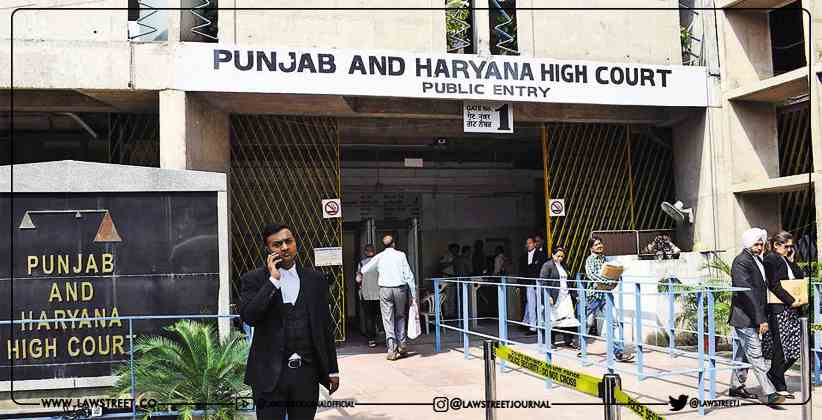The Punjab and Haryana High Court has held in the case Vijay Mamgain v. State of Haryana that the owner of the vehicle who is seeking only release of the vehicle is not liable to pay fine for the confiscated goods.
The Division Bench of Justice Ajay Tewari and Pankaj Jain has observed that to force the owner of the vehicle to pay the tax, penalty and fine on the goods would mean that the owner of the vehicle is also foisted with the vicarious liability of any mis-declaration/fraud by the owner of the goods despite the proviso engrafted on to Sub Section 2 of Section 130 of the CGST Act, 2017.
The goods and conveyance were confiscated by the Tax Authorities during transit as the tax against the goods was not paid. Proceedings under Section 130 were initiated for the reason that the fine and penalty was not paid for 14 days.
The owner of the goods did not come forward to pay the fine and penalty, but the owner of the vehicle paid the required fine in relation to the conveyance. Even after the payment of fine by the owner of the vehicle, the authorities refused to release the conveyance on the ground that fine in lieu of confiscation of goods be also paid. Hence the present writ petition was filed by the owner of the vehicle.
The issue raised was whether the conveyance detained by the GST Authorities can be released on payment of the fine imposed on the conveyance without payment of fine imposed on goods.
Counsel for the department has contended that as per Sub Section 1 of Section 129 of the CGST Act on detention the goods and the vehicle can only be released on the payment of the applicable tax and penalty and the mere fact that Section 130 of CGST Act is subsequently invoked would not take away the rigour of Section 129 (1) of CGST Act, 2017.
It was further argued that there is no warrant for the proposition that the owner of the goods and the owner of the vehicle are two separate entities because as per her under the main Sub Section 2 of Section 130 of the CGST Act it is clear that whoever wants the goods or the vehicle to be released has to pay the tax, penalty and fine imposed for all the things i.e. to say for the goods also as well as for the conveyance also. The proviso to Sub Section 2 of Section 130 of the CGST Act would not affect this basic provision.
The court while rejecting the contentions of the counsel of the department has held that as the owner of the vehicle and the owner of the goods were different, the owner of the vehicle cannot be considered vicariously liable for the fine and penalty levied on the goods. The owner of the vehicle cannot be forced to pay the fine and penalty levied on the goods and hence the conveyance cannot be detained after the payment of such fine and penalty levied on the conveyance.








